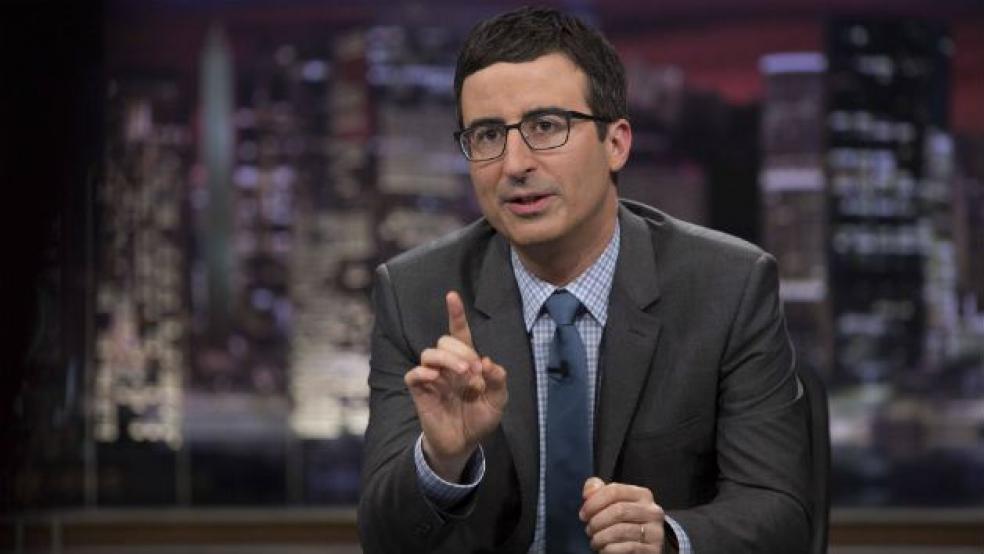HBO’s “Last Week Tonight with John Oliver” dedicated the bulk of Sunday night’s episode to an in-depth look at the $28 trillion national debt, which Oliver called “an absolute f--- ton of money.”
"The truth is, our national debt is undeniably big, and between the trillions in coronavirus stimulus bills and the infrastructure plans [President Joe] Biden unveiled just this week, it's poised to get even bigger, and Republicans in particular seem outraged by that," Oliver said.
The host then explained the difference between deficits and debt and ran through some 40-plus years of tax and debt politics, all with the stated objective of trying to clarify how the national debt works, "how valid concerns about it are, and how we should think about it moving forward." Oliver slammed debt fearmongering and explained how mainstream economic thinking has shifted in recent years given the persistence of low interest rates in the face of ever-growing debt.
"Going into debt can actually be a good investment for the country," Oliver said. "Essentially, as economists will tell you, the key question is: Are you spending money on the right things?"
You can watch the whole 22-minute segment below (it includes a Nicolas Cage pillow, a “Bridgerton” comparison and, of course, some f-bombs and other NSFW language — hey, it’s not TV, it’s HBO). But the key takeaway from Oliver’s argument is this:
"There is a good-faith debate to be had over how to handle our national debt over the long term. But right now, most economists actually agree, with interest rates at historic lows, the question shouldn't really be 'How much debt are we taking on?' as much as, ‘What is the value of what we are getting for it in return?’ …
“Look, no one credible is saying that deficits don’t mater or that we should borrow as if the sky is the limit. What they are saying is the debate shouldn’t be about whether debt is good or bad. It should be about whether the investments that we are making are worth it or not.”





